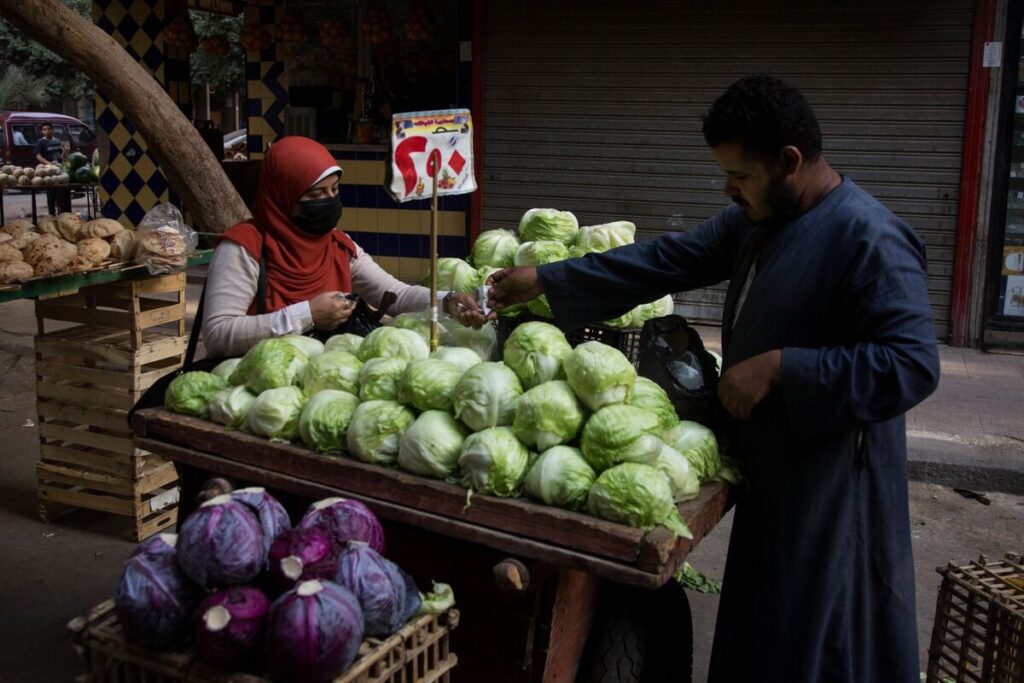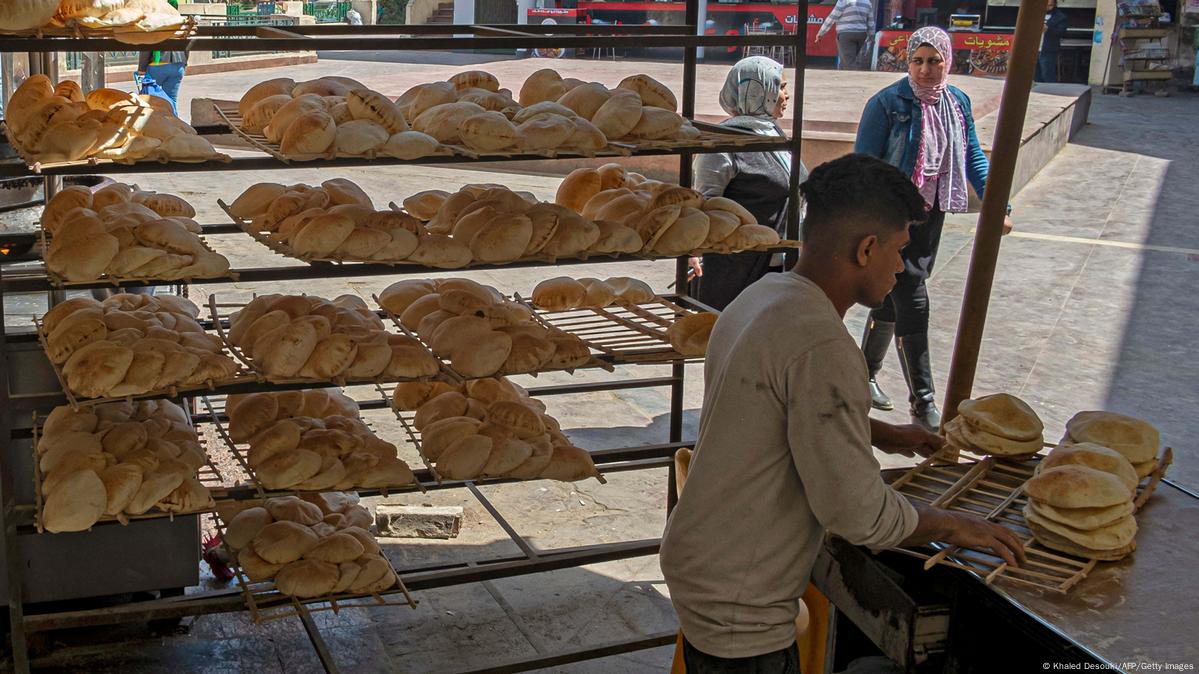Food & Climate
The International Islamic Trade Finance Corporation (ITFC), financed Egypt with about $1.3 billion during the first half of this year (2024), to purchase basic food commodities subsidized by the government, such as wheat and oils, to enhance food security in the country.
In a statement, a copy of which was received by the “Food & Climate” platform today, Wednesday, August 14, 2024, (ITFC) said: “Within the framework of the efforts and measures taken by Egypt to achieve economic development, and in line with the sustainable development strategy (Egypt Vision 2030) in the field of food security, the corporation, a member of the Islamic Development Bank Group, sought to support the food sector by providing record financing to the General Authority for Supply Commodities”.
The statement indicated that this funding was allocated to purchase basic food commodities, primarily wheat, sugar, cooking oil, rice, corn and poultry, which contributes to strengthening food reserves and the path of sustainable and comprehensive growth for all.
Food Security
The General Authority for Supply Commodities, affiliated with the Ministry of Supply and Internal Trade in Egypt, is one of the economic bodies responsible for managing and providing food and consumer goods that meet the needs of the broad base of low-income people within the framework of the support plan adopted by the state.
It also aims to achieve a balance in local markets by controlling the movement of internal trade; as well as its price, which contributes to maintaining food security and preventing monopolistic practices.
It works to manage and provide the country’s needs for basic commodities, which are issued by a decision from the Ministry of Supply and Internal Trade, whether by import or local management, in addition to any other commodities that face any monopolistic practices in the local market.
The Authority spends on the commodities it is entrusted to manage through the support amounts provided by the Ministry of Finance, and the support amount represents the difference between the cost of the commodity and its selling price, according to the Authority’s website.
The CEO of the International Islamic Trade Finance Corporation, Hani Salem Sonbol, commented, saying: “The Corporation is proud of the partnership and strategic relationship with the Egyptian government that has extended for about 14 years”, according to the statement.
He added that the past five years have witnessed the greatest cooperation between the Corporation and the General Authority for Supply Commodities to provide the necessary financing and support to provide basic food commodities to citizens in Egypt, and secure their needs for these commodities such as wheat, sugar, cooking oil, rice, corn and poultry.
He continued that this contributes to achieving the goals of sustainable development; including the second goal related to food, which is to ensure that all citizens have access to safe and nutritious food throughout the year, stressing that the Corporation will continue to work with the General Authority for Supply Commodities to provide more basic food commodities during the second half of the current year 2024.
Previous financing
It is noteworthy that since 2019, the International Islamic Trade Finance Corporation has financed Egypt’s strategic stockpile worth $6.6 billion, which was obtained by the General Authority for Supply Commodities.
These funds covered the purchase of approximately 15 million tons of wheat, 1,200,000 tons of cooking oil, 1,873,000 tons of sugar, 395,000 tons of rice, 243,000 tons of corn, 5,000 tons of frozen meat and 1,000 tons of poultry.
These commodities have contributed to overcoming a number of global challenges such as the Covid-19 pandemic and the repercussions of the Russian-Ukrainian crisis, according to the statement.
Egypt, a country located in northeastern Africa and home to more than 100 million people, is the largest importer of wheat in the world, and it also buys more than 92% of its oil needs from abroad.
Egypt’s imports of animal and vegetable oils, fats, and refined oils increased by 5.4% in 2023, recording $2.484 billion, compared to $2.357 billion in 2022.

The foreign trade bulletin issued by the Central Agency for Public Mobilization and Statistics, showed that Egypt’s imports of animal and vegetable oils, fats, and refined oils (crude) increased by 36.5% during the past year to reach $1.096 billion, compared to $803.448 million in 2022.
Subsidies for food commodities also increased in the last fiscal year to more than EGP 133 billion (USD 2.7 billion) from EGP 128 billion a year on year, according to a statement from the Ministry of Finance.
US dollar = 49.31 Egyptian pounds.

